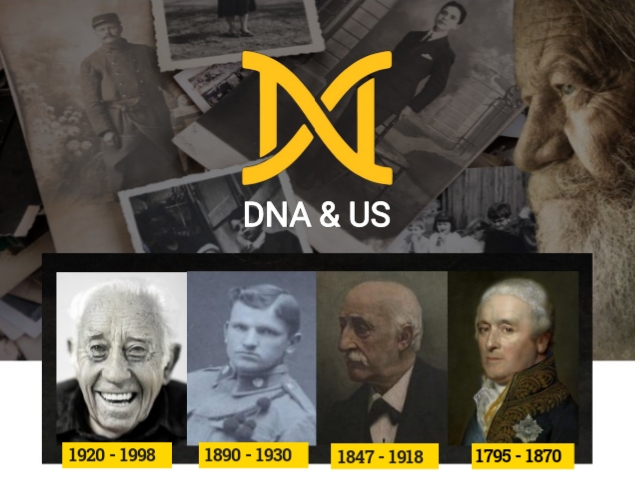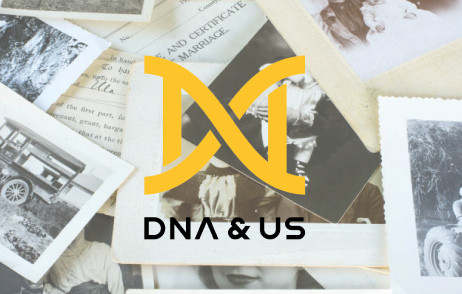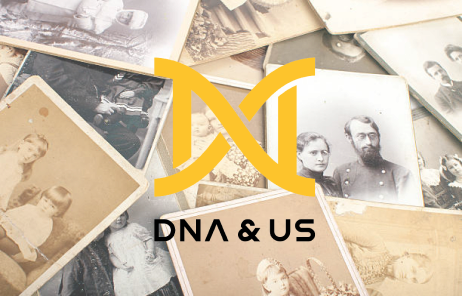Follow the path of your male ancestors
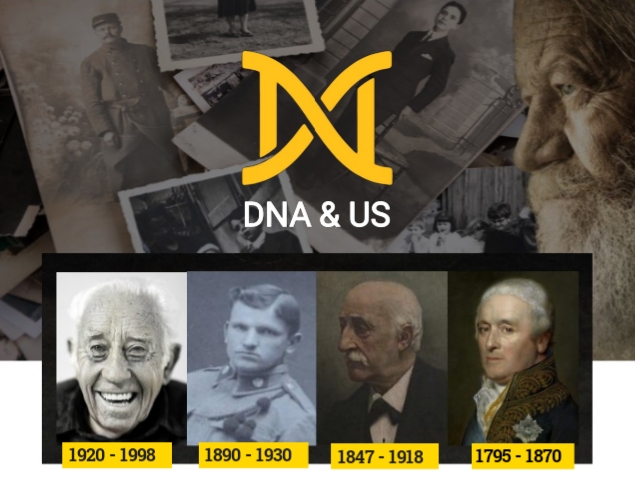
We inherit our genes from our parents who had inherited their genes from their parents, too, and the chain goes on. So, we can say that we are a genetic mix of our ancestors (both patrilineal and matrilineal descents).
Generally speaking, people can identify the traits they inherited from their ancestors through genetic ancestry testing (DNA testing), but in more specific cases where men would like to determine the genes they inherited exclusively from their fathers, a Y-DNA test would be required. This specific test will help you determine the specific gene which was passed to you from your father, and which was passed to him from his father, too, and so on, until we reach the father of humanity.
Genetics has proved that all humans are the offspring of one man and one woman who lived in North Africa more than 125000 years ago. Over the course of hundreds of thousands of years, their offspring has interbred outside Africa forming different genetic groups in different parts of the world. Each group has developed its own distinctive genetic signature, based on the genetic changes it has gone through. Geneticists found that those genetic changes were highly based on the genes on the male Y-Chromosome (which are different from those found on the female chromosomes). So, they decided to call these genes the "Y-Haplogroup", or simply the "Haplogroup".
Geneticists use letters (A,B,E,G,H,J,...) to differentiate between different Y-Haplogroups. Each letter refers to a different set of genetic traits which is passed solely along the patriline, from father to son, and which is called "Y-DNA" or "Y-Haplogroup".
The father passes the "Y-DNA" to his son without any change. "Y-DNA" is not affected by interbreeding, and it is passed unchanged from father, to son, to grandson, indefinitely. That's why men can use the "Y-DNA" to trace their patrilineal (male-line) descents, as it helps them identify the groups, communities, or individuals who share the same patriline with them.
This test is recommended for individuals who belong to family-based communities, where each community derives its identity from the patronymic name and identity of a founding male ancestor. This service helps you identify the Y-haplogroup from which you descend, trace its migration journey starting from Africa, and learn about the places where they settled over the years. You can also identify the individuals who share the same patriline with you, the places where they live, and their ratio of the world population today.
We also plan to provide DNA matching tests to help you identify your relatives on the same patriline (relatives descending from your male-line ancestors only), back to 50 generations.
This service is available to men only. The reason is that only males can identify their Y-DNA which they exclusively inherit from their fathers. Women do not inherit such genes from their fathers. So, any woman wishing to know her father's Y-DNA could ask her father, brother, or any male relative on the same patriline of her father to make the test.
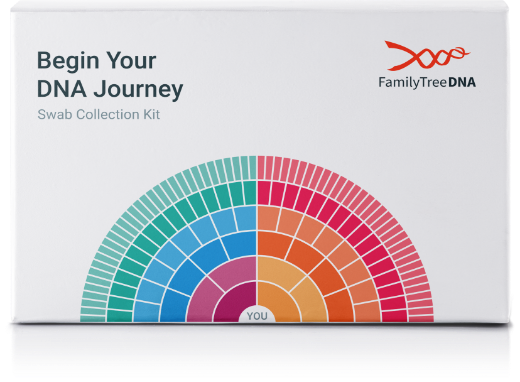
Each person inherits the patrilineal genetic lineage from his father, who inherited it from his father (grandfather), and so on, up to the original father of mankind.
While the general rule is that a father bequeaths his genetic lineage (Y-DNA) to his son without a change, and the son bequeaths the same patrilineal genetic lineage to his son (grandson) without a change and so on without end, over time, a type of sub-mutation emerges under the same original patrilineal genetic lineage. Due to this mutation, other sub-lineages branch from each major patrilineal genetic lineage. Such sub-lineages are given codes for distinction from other genetic sub-lineages, so that each lineage represents an independent mutation under the same major patrilineal genetic lineage, and other sub-mutations branch over time from the sub-mutation and so on.
These sub-mutations have a shorter age than the patrilineal genetic lineage. For example, if the major patrilineal genetic lineage is 50,000 years old, the mutation age will be 40,000 years and it will result in other mutations of shorter ages, and so on.
Through this service, you can access the most important exclusive statistics on your sub-mutations; make comparisons with our database; know the most important information about the places of expansion, ethnicities where this mutation spreads, and its relevance to ancient civilizations; and know the positive users of this mutation, whom you are likely to meet at a common ancestor at the age of this mutation.
As is the case with the testing of the patrilineal genetic lineage (Y-DNA), only males can take testing of the deep sub-mutation or download their results. For females, they cannot do this. So, if a woman wants to know the deep sub-mutation of its male ancestors, the testing must be taken by her father, paternal brother, paternal uncle, or other relative she meets on the paternal line.
